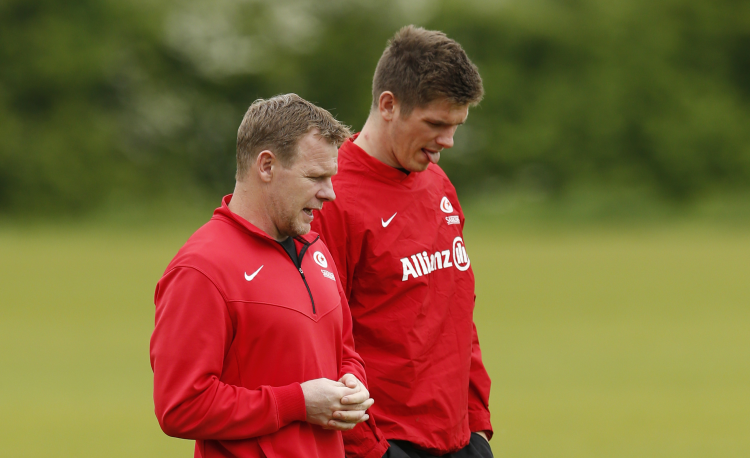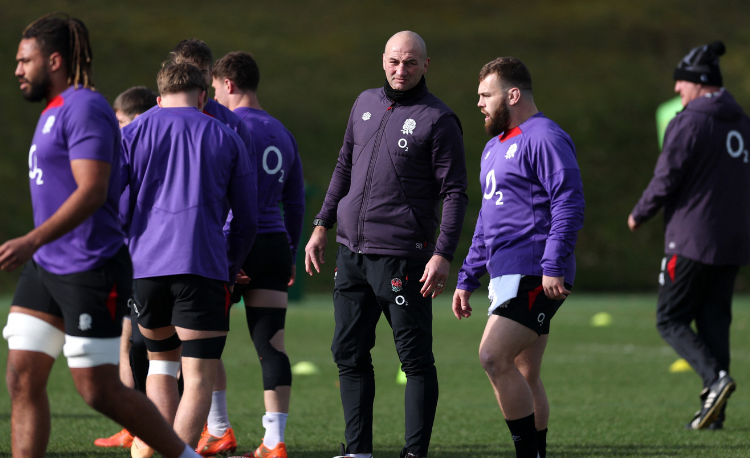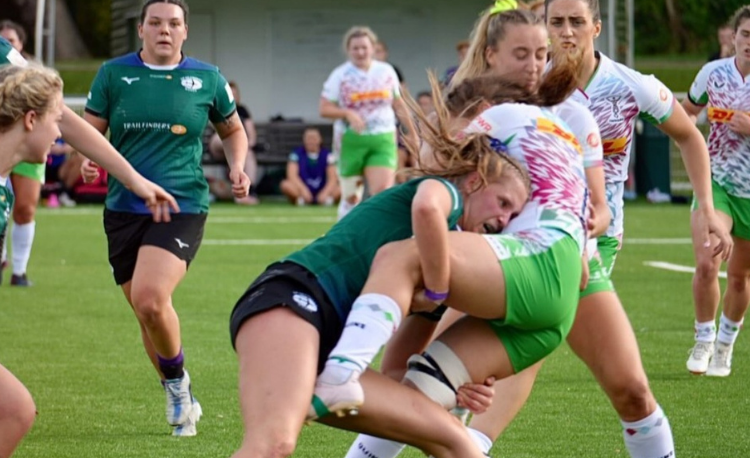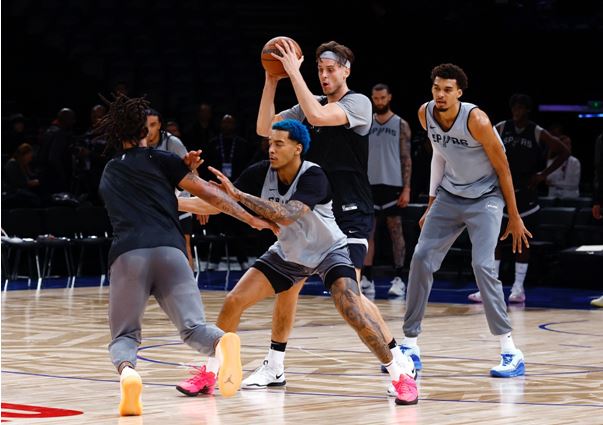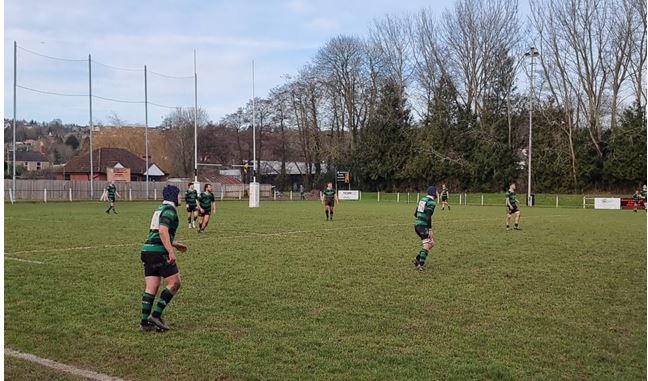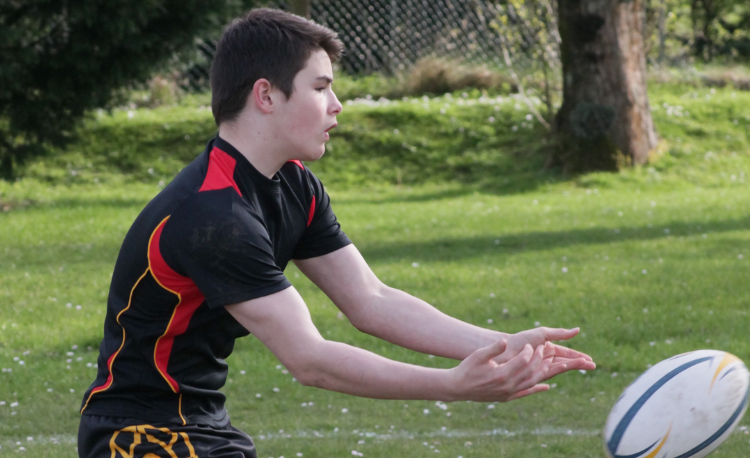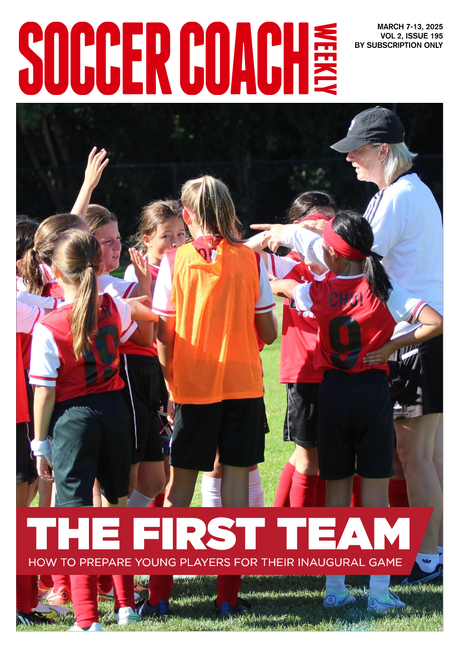More positive coaching
Leading researchers give an insight into how we can improve our coaching and players’ learning. By NICK HILL, former director of rugby, Grange School, Chile.
In 2019, Richard Light and Stephen Harvey, two of the most respected boffins in sports coaching, produced an important paper – entitled ’Positive Pedagogy for Sport Coaching’ – in the Sport, Education and Society journal.
In summary, they say that learner-centred, inquiry-based approaches to teaching games and coaching team sport are effective for:
- Improving game-playing ability
- Increasing player motivation
- Providing positive, affective experiences of learning
The paper offers a framework for coaches to help their transition from coach-centred to learner-centred coaching.
Pedagogy is the process of teaching. Light and Harvey distinguish between positive and negative approaches to this when we work with our players.
How can you foster positive learning experiences?
’Flow’ plays a big part in making learning positive, whereby the player is in "a state of being absorbed in the experience of action through intense concentration, as the athlete is ‘lost’ in the flow of the experience. It provides a positive affective experience through which deep learning occurs, especially when the coach ’gets the game right’" (Thorpe & Bunker, 2008).
At the same time, though, from the coach’s perspective, there are times when the game you ’design’ doesn’t quite work – that is, you feel that it does not ’flow’.
You then either have to change some rules or conditions in the moment, which comes from experience, or you reflect on the experience after training, ready for the next session.
A key part of positive pedagogy is the four core features of ’game sense’ (Light, 2013):
-
"Learning occurs through engagement with the learning environment and not through direct instruction" (Dewey, 1916/97) and "The ability of the coach to manage the activities or a game to establish and retain the appropriate love of challenge is of pivotal importance.”
-
The coach asks open-ended questions (How? When? Why? What? Where?) that generate dialogue and promote thinking, instead of telling a player what to do as "this is not an easy task for coaches used to telling players/athletes what to do” and "this solutions-focused approach should help players/athletes learn that making mistakes is an essential part of learning."
-
"The teams are given opportunities to have ‘team talks’ at appropriate times...[where] the less experienced can make valuable contributions when encouraged by the coach" (Light, 2013) and “It encourages empathy, compassion, meaningful relationships, a sense of connection and care for each other, as well, on and off the field."
-
"This must involve coaches making it clear that mistakes…are essential for learning and can be seen to provide opportunities for learning." (Renshaw et al., 2012)
POSITIVE PEDAGOGY
’Positive pedagogy’ has numerous positive outcomes:
- Generates positive emotions such as enjoyment or delight
- Engagement in learning
- The building of relationships, and a sense of belonging, meaning, and opportunities for achievement, both individually and collectively
- Emphasises what the learner can do
Your approach
Your approach, based on these ideas, could be very much in line with Lynn Kidman’s ’athlete-centred coaching’ definition:
- Create and develop a ’team culture’
- Use ’teaching games for understanding’
- Use ’questioning’
This creates, develops and nurtures a very positive learning experience for players; empowers them to take ownership of their learning and environment; and, as such, the performance of the team continually improves over time.
The key is to be patient with the approach – which does take time for players to get used to, especially if they have only experienced ‘coach-centred’ coaches – and to grow and develop relationships with them as well.
| POSITIVE PEDAGOGY | NEGATIVE PEDAGOGY |
|
|
|
|
|
|
|
|
|
|
|
|
|
LINK TO THE JOURNAL AND ARTICLE HERE
Related Files
Newsletter Sign Up
Coaches Testimonials

Gerald Kearney, Downtown Las Vegas Soccer Club

Paul Butler, Florida, USA

Rick Shields, Springboro, USA

Tony Green, Pierrefonds Titans, Quebec, Canada
Subscribe Today
Be a more effective, more successful rugby coach
In a recent survey 89% of subscribers said Rugby Coach Weekly makes them more confident, 91% said Rugby Coach Weekly makes them a more effective coach and 93% said Rugby Coach Weekly makes them more inspired.
Get Weekly Inspiration
All the latest techniques and approaches
Rugby Coach Weekly offers proven and easy to use rugby drills, coaching sessions, practice plans, small-sided games, warm-ups, training tips and advice.
We've been at the cutting edge of rugby coaching since we launched in 2005, creating resources for the grassroots youth coach, following best practice from around the world and insights from the professional game.
